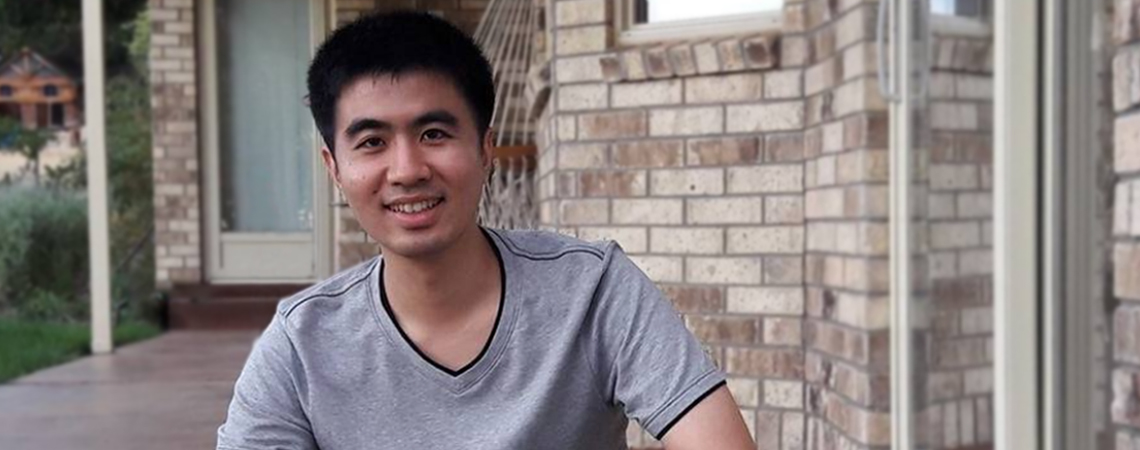Student Spotlight with Chao Xu
Chao Xu, a Summer 2022 graduate of the Charles E. Schmidt College of Science’s Geosciences Ph.D. program, is set to begin his new job as an Assistant Professor of Practice at Texas Tech University. While at FAU, Xu investigated the long-term spatiotemporal dynamics of tidal flats in the conterminous United States. Xu joined FAU in Fall 2018.
Xu is one of eight students to graduate from FAU’s Department of Geosciences Ph.D. program in 2022. This past academic year also marks the largest number of Ph.D. candidates to graduate from the geosciences program since the degree was launched in 2009.
The Department of Geosciences at Florida Atlantic University offers undergraduate and graduate degrees in various subfields of the geosciences. The three main areas of focus in the department are earth systems science, human-environmental systems and geo-information science. The department places a strong emphasis on fieldwork, GIS, remote sensing and other analytical techniques in geospatial modeling, and encourages interdisciplinary research.
What attracted you to geoscience?
I am addicted to reading maps, especially historical maps with detailed administrative divisions. It has been my hobby since when I was a little boy, and I have spent a lot of money on purchasing old atlases. Before joining FAU, I majored in computer science and dreamt about being a software engineer in the Silicon Valley and earning a lot of money. However, I realized I should live for myself. So, I transferred my major to geosciences, focusing on geospatial sciences and technologies. This way, I found an intersection between my lifelong hobby and my expertise in computer science.
Could you describe your research to us?
This dissertation laid a foundation to investigate the long-term spatiotemporal dynamics of tidal flats in the conterminous U.S., and every individual project has its unique contributions. With respect to the characteristics of tidal flats, the first project explored a novel perspective to observe and understand the spatiotemporal change patterns in the real world. In the second project, we exported the annual extents of tidal flats throughout the conterminous U.S. from 1984 to 2020 with the spatial resolution of 30 m. Based on the maps generated from the second project, as well as the annual maps of urban extents generated by peers, the third project implemented a comprehensive assessment in terms of tidal flat loss associated with the massive urban expansion in the conterminous coastal U.S. from 1985 to 2015.
What is novel about your research?
In the first project, the geographic features are regarded as discrete objects, in which the attributes are encapsulated. More specifically, we followed a three-staged (temporal snapshots, object changes, and events and action) cognition, and accordingly proposed a three-level GIS framework (cell, object, and lifecycle) to track, represent, and analyze the dynamics of tidal flats. In addition, we defined eleven events to describe the dynamic activities of tidal flats throughout the tracked lifecycles, and the graph theory was utilized to assist the three-level framework. In the second project, we proposed a random forest model to conduct supervised classification, which was realized through Google Earth Engine, a high-performance cloud computing platform. It uses 30 predictor variables to summarize the spectral change patterns and accordingly extracts the pixels of tidal flats from time-series Landsat images. In the third project, we analyzed the spatiotemporal change patterns for tidal flats and urban extents, and the preliminary observation suggested the overlaps between rapid urbanizations and tidal flat erosions. Then, we combined the results of tidal flat dynamics and urban expansions and conducted a series of correlation assessments.
What are your plans after graduation?
I was offered a job as an Assistant Professor of Practice at Texas Tech University. I will teach a variety of GIS and remote sensing courses on both undergraduate and graduate levels for the students, regardless of major backgrounds. I am interested in providing up-to-date knowledge for college students, since they are the future of our society.

